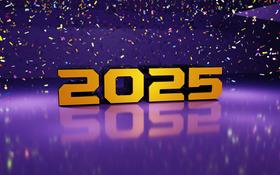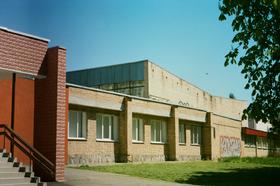For the 2025-26 school year, there is 1 public preschool serving 612 students in Bethesda, MD. The top ranked public preschool in Bethesda, MD is Wood Acres Elementary School. Overall testing rank is based on a school's combined math and reading proficiency test score ranking.
Bethesda, MD public preschool have an average math proficiency score of 69% (versus the Maryland public pre school average of 28%), and reading proficiency score of 82% (versus the 39% statewide average). Pre schools in Bethesda have an average ranking of 10/10, which is in the top 5% of Maryland public pre schools.
Minority enrollment is 36% of the student body (majority Hispanic and Asian), which is less than the Maryland public preschool average of 71% (majority Black).
Best Public Preschools in Bethesda, MD (2025-26)
School
(Math and Reading Proficiency)
(Math and Reading Proficiency)
Location
Quick Facts
Rank: #11.
Wood Acres Elementary School
(Math: 69% | Reading: 82%)
Rank:
Rank:
10/
Top 5%10
5800 Cromwell Drive
Bethesda, MD 20816
(240) 740-1120
Bethesda, MD 20816
(240) 740-1120
Gr: PK-5 | 612 students Student-teacher ratio: 17:1 Minority enrollment: 36%
<麻豆果冻传媒 class='so-dt-title' id='faq'>Frequently Asked Questions
What are the top ranked public preschools in Bethesda, MD?
The top ranked public preschools in Bethesda, MD include Wood Acres Elementary School. Bethesda has one of the highest concentrations of top ranked public schools in Maryland.
How many public preschools are located in Bethesda?
1 public preschools are located in Bethesda.
What is the racial composition of students in Bethesda?
Bethesda public preschools minority enrollment is 36% of the student body (majority Hispanic and Asian), which is less than the Maryland public preschools average of 71% (majority Black).
麻豆果冻传媒 Articles

Texas Schools Enrollment Trends & Policy in 2025
Latest data and policy changes on Texas public school enrollment growth, funding, and virtual education in 2025.

Financial Aid & Hidden Costs in Public Schools
Learn about financial aid and hidden costs in public schools. Discover what parents should budget for beyond tuition-free education.

NYC Schools Still Most Segregated in 2025
Despite reforms, New York City schools remain the most segregated in the U.S. in 2025. Here鈥檚 what parents and educators need to know.
